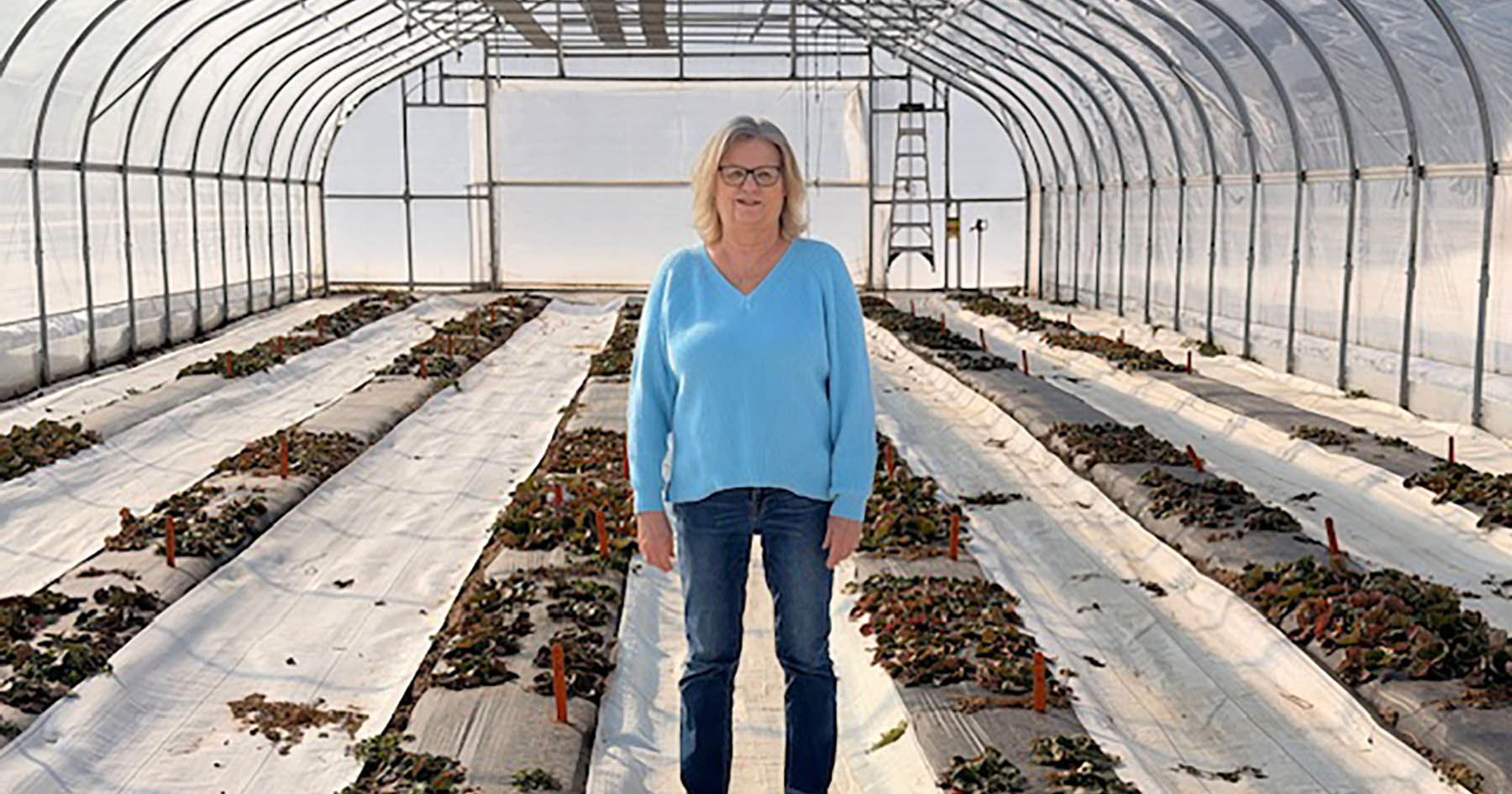Indiana farmers urged to complete Census of Agriculture
Indiana farmers should be watching their mail boxes for more than just holiday cards this December.
The U.S. Department of Agriculture’s National Agricultural Statistical Service (NASS) will soon mail out its 2017 Census of Agriculture to more than 3 million farms nationwide. Census data will help shape American agricultural policy over the next five years, said Greg Matli, director of the NASS Indiana field office.
Federal law requires all U.S. farmers to respond to the census. A farm is defined as any place that produced and sold, or had the potential to sell, at least $1,000 in agricultural products during the census year – in this case, 2017.
“Many people who don’t think of themselves as farmers actually meet the definition according to the USDA,” Matli said. “If you own horses, backyard chickens or large urban gardens you might qualify as a farmer and should fill out the census.”
He added that anyone who receives a census form in the mail is required to respond, whether or not they farmed this year.
“We know that the industry is always changing,” Matli said. “The census tells us which farms are going in and out of production, the sizes of farms, income and expenditures, production practices, what is being produced and who owns and operates the farms – corporations, families or individuals.”
Matli said the census also leads to significant benefits for Indiana farmers.
“This is your opportunity to be counted and to tell your story,” he said. “Our goal is to provide community leaders, lawmakers, agricultural organizations, ag educators and individual farm operators with the most comprehensive and accurate data to make informed decisions and protect the future of American agriculture.”
Completing the census takes about 50 minutes, Matli said. It can be done online using any electronic device or by filling out the printed copy sent in the mail. The online form has been improved this year, making it even easier to use, he noted.
“It calculates totals automatically and skips questions that do not pertain to your operation,” Matli said. “It really saves time and effort.”
The USDA uses that information to make decisions about the farm safety net and other government programs. In addition, the data is used by community leaders, agribusinesses, lawmakers, researchers, local governments and educational institutions.
“The data is vitally important to the entire agricultural community,” Matli said.
New questions on this year’s census form include military veteran or active duty status and expanded questions about food marketing practices including the gross value of edible agricultural products sold directly to both consumers and retail markets.
The deadline for completing the survey is Feb. 5, 2018. Results are expected to be released in February 2019.or more information about the census, go to www.agcensus.usda.gov or call 888-424-7828.





